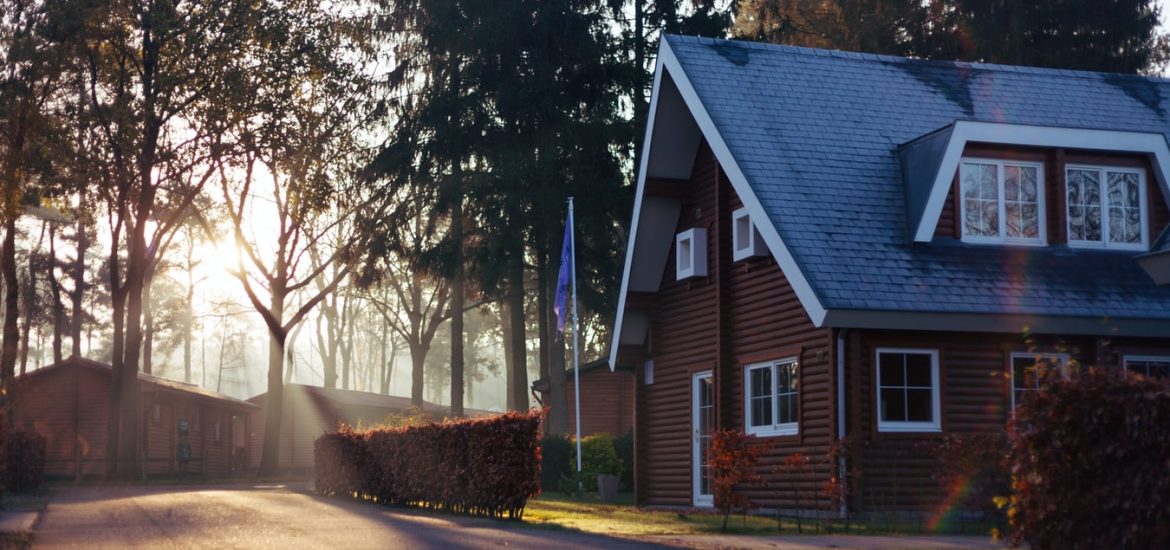Whether you are thinking of updating your home with the latest decor or remodeling your home to fit your dream aspirations, knowing where to start can be daunting- particularly if it is your first home renovation. Home renovations have surged recently, as homeowners spend more time at home and begin to use their homes for different uses. In a survey completed by Porch.com, 3 out of 4 homeowners have already completed a major renovation project since the pandemic began. Whether it is adding more space to your home, updating your outdated kitchen, or redoing your bathroom, spending time on planning your home renovation can reduce your stress levels significantly, keep you on track with your budget and make the process go a lot smoother in the end.
Have A Remodel Plan
Undertaking a home remodel can be hectic and confusing. Having a plan of what your renovation goals are, your timeline, and the scope of your renovations answer key questions from the start. Your renovation plan should also include any home design inspiration you have had, whether it is from magazines or self-thought. Don’t be afraid of including little details either. Will you do DIY for your home renovations or hire a professional contractor? What rooms of the home are most important to renovate? Do you need to hire supplementary contractors like gas engineers or plumbers?
This is also the perfect point to do your research on the zoning regulations and planning permissions governing your neighborhood. If you are hiring a contractor, they will likely be the person applying for a planning permit. Requirements are also always changing by state and city so keep your eyes on your local planning permission guidelines, and the checkpoints where inspections are required. The planning process can sometimes be lengthy and extends the renovation process if not applied for promptly.
Set A Project Budget And Assess Your Funding Options
The next tip for conducting a successful home remodel is to be clear on your project budget from the start- but leave room for growth. To draft a renovation budget, think of all the costs you would have that are associated with the remodel, including the cost of a contractor, architect, raw materials, costs of financing, and extended deadlines. Renovation rarely goes according to planned costs and it helps to have a bit of flexibility built into the budget.
To keep your renovation budget costs accurate, use the average pricing of renovation projects from websites like HomeAdvisor. It gives you an average cost of different renovation projects in your area, and a clearer idea of how much your home remodel would cost. A remodel calculator is great as well. With a better idea of the costs involved, you can then choose the right funding method for your renovation dreams. For instance, if you are a first-time homeowner, one option would be swapping the FHA mortgage for an FHA 203 Rehab Loan which rolls the cost of renovations and price of a home into one payment. You could also apply for an FHA Home Improvement Loan, to finance the renovation works on your home.
Research And Shortlist Contractors Specializing In Your Renovation Project
The success of your home renovation relies heavily on your choice of contractors. Doing your research beforehand helps you hire someone who is experienced in the renovations needed, and can also ensure you stick to your renovation budget. Remember to shortlist atleast 3 contractors using their cost estimates, experience, and references. Many contractors also now have a portfolio of work that you can peruse. Once you have settled on your shortlisted contractors, follow this checklist on hiring contractors including what questions to ask them.
Home renovations can be scary for any homeowner, particularly if it is your first. However, a very important secret of getting it right is planning. Have a plan for every aspect of your renovation, and you will be ready to tackle it head-on. From drafting a budget plan to including contingency planning, it all starts with you kickstarting the planning.


